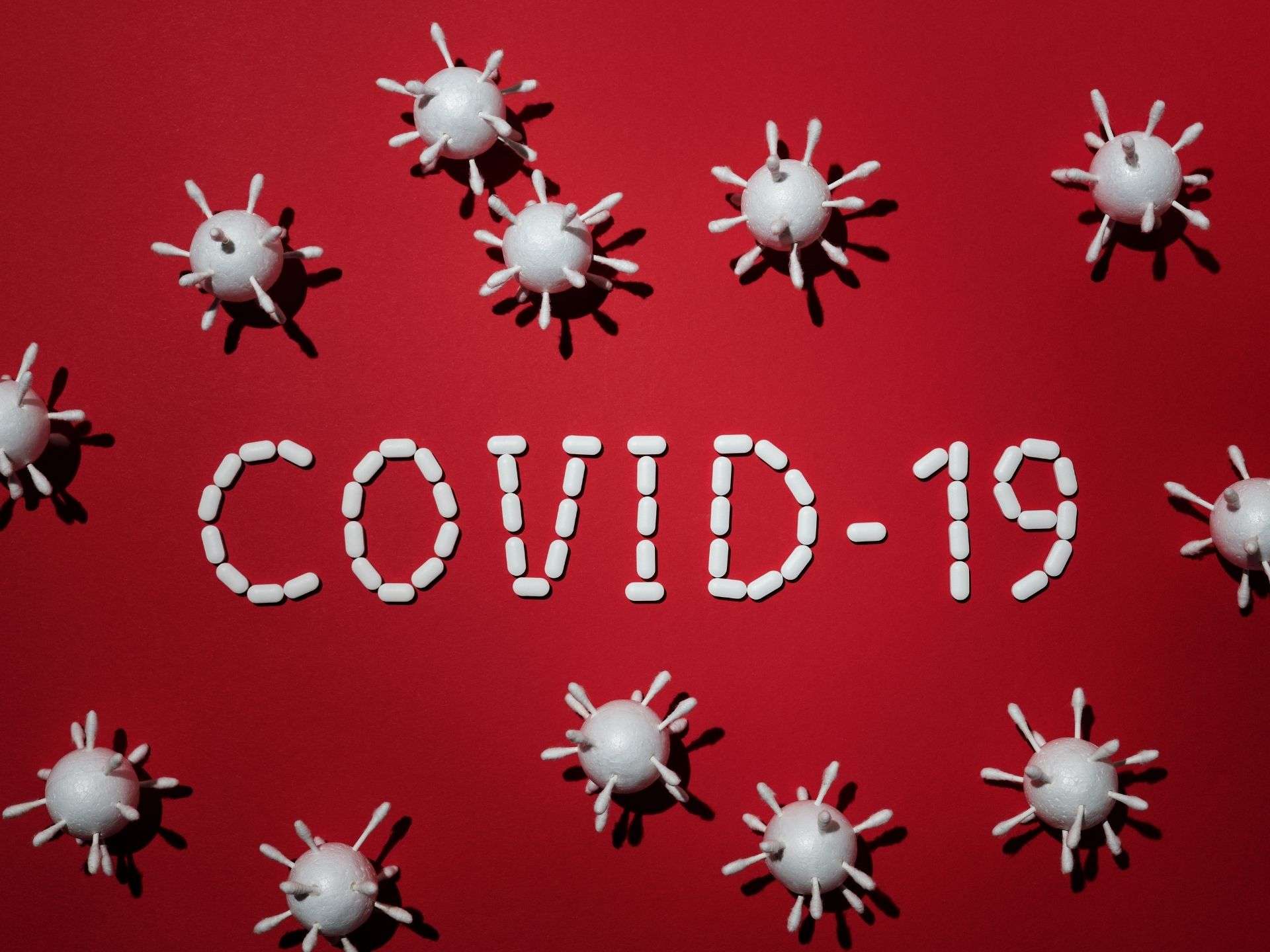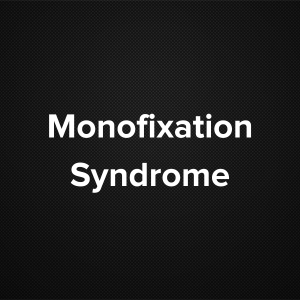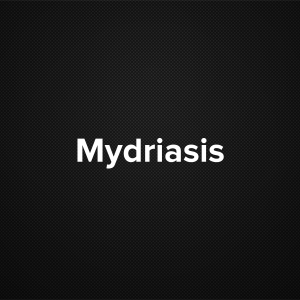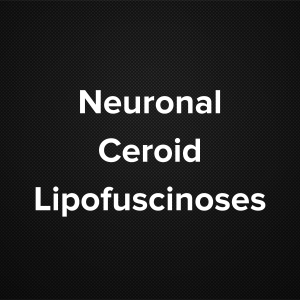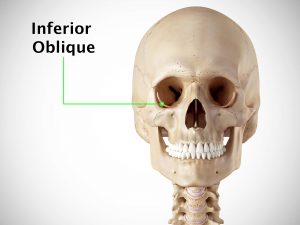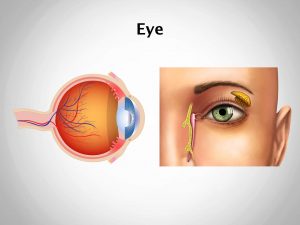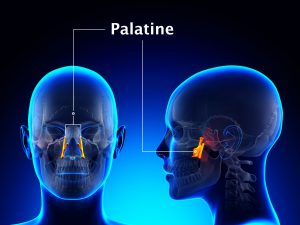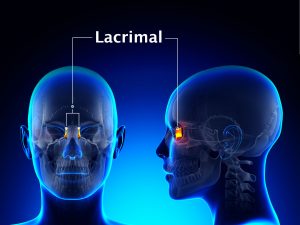Sufficient quantities of vitamin A are needed for proper functioning of retina and to see properly during night time. Marked deficiency of vitamin A may lead to night blindness, and subsequently suitable amounts of vitamin A can help correct it too.
Types of Night Blindness:
- Congenital Stationary Night Blindness: Blindness since birth. Can be due to inherited illnesses.
- Progressive Night Blindness: This can be caused by vitamin A deficiency, other diseases, or toxic effects of some drugs like quinine.
- Night Blindness as Complication of Obesity Surgery: This surgery can lead to impaired vision, as absorption of vitamin A may be lacking if patients fail to use nutritional supplements following surgery.
What all can cause night blindness:
- Deficiency of vitamin A
- Cataract
- Some forms of retinal degeneration
- Recurrent exposure from low levels of light to high levels of light
- Some medications
- Birth defects
- Hereditary
- Diseases that hamper ability to absorb vitamin A like liver disorders, surgery on the pancreas or liver, Intestinal conditions
What are the signs and Symptoms?
- Impaired vision in low light or darkness.
- Difficulty driving in dim light or at night
- Dry eyes, blurred vision are the associated symptoms
How to treat night blindness?
Depends on cause
- Taking vitamin A supplements
- Removal of the cataracts.
- Eating a diet with adequate amounts of Vitamin A may help prevent night blindness.

